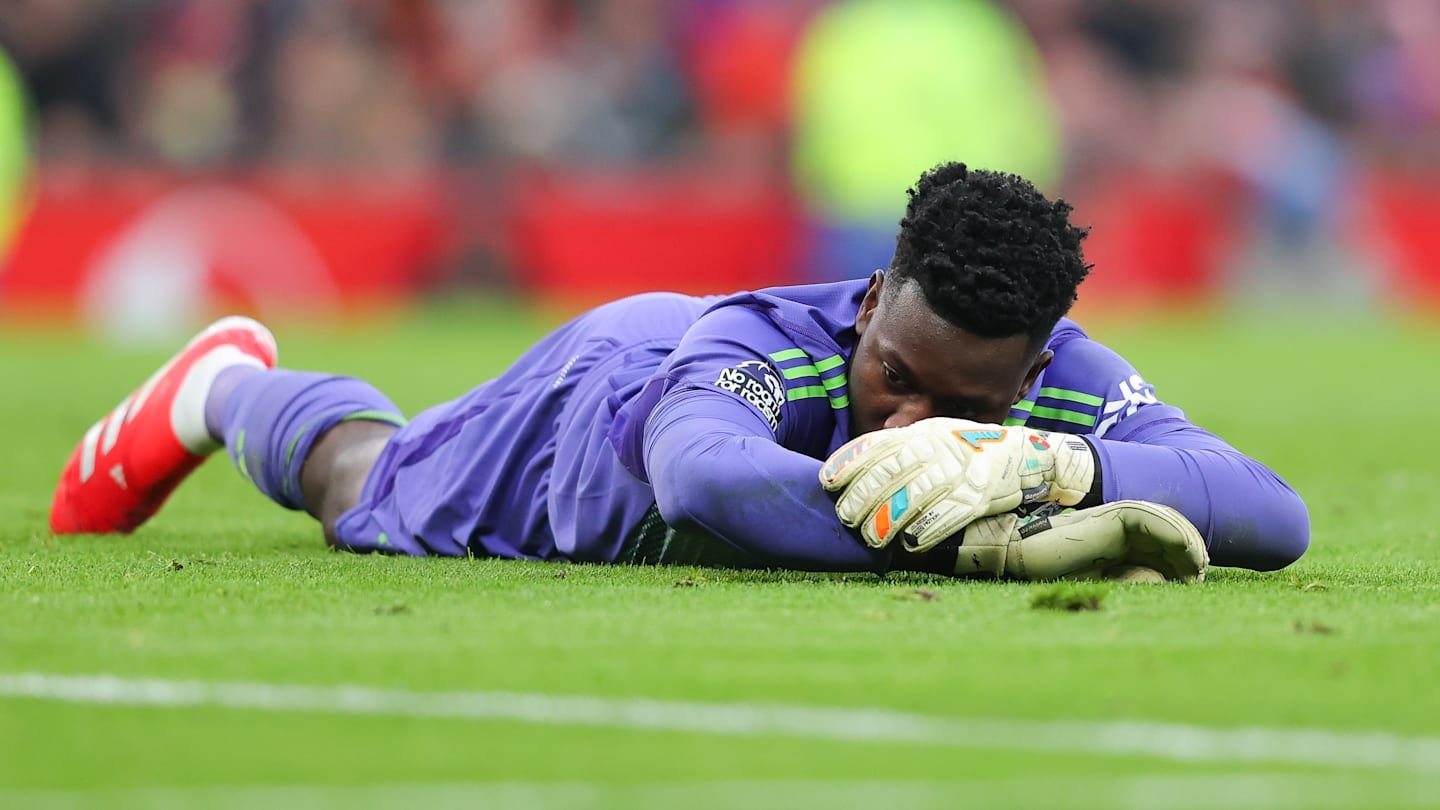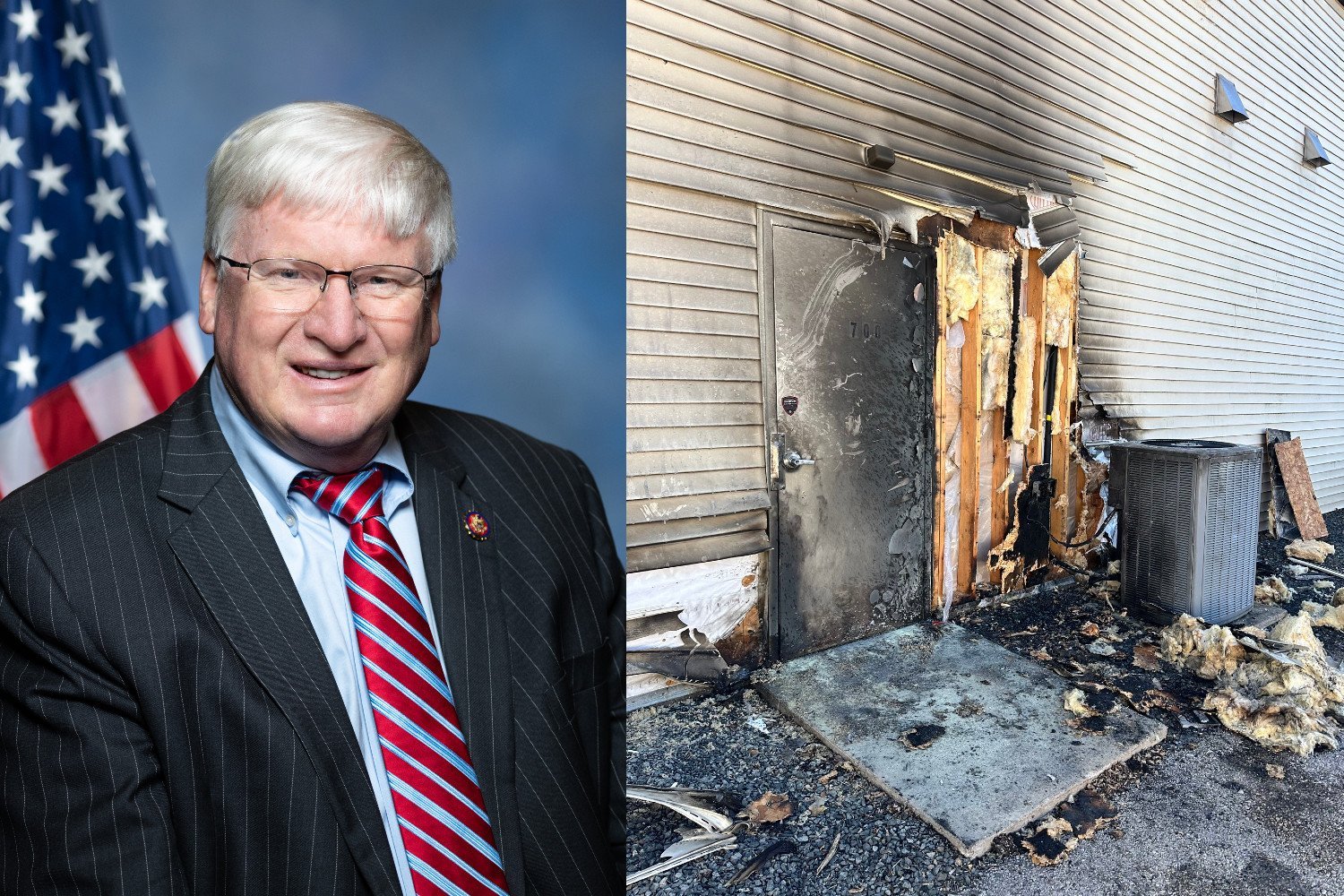
i was imprisoned He was held in Guantánamo Detention Center for 14 years and was never charged with a crime. I was sent there when I was 19 years old. I don’t know why I’m being held, I don’t know what I did to be imprisoned, and I don’t know when I will be released.
Like many others at Guantanamo, I believed that the U.S. military holding me captive would implement their own ideals of law and justice and grant me the right to defend myself and prove my innocence. That never happened.
Instead, I was subjected to torture and constant harassment. I fought for humane treatment and basic human rights and was released after 14 years. During my incarceration, I imagined that one day the world would know what happened to us and demand accountability and justice. I thought once people found out, they would shut this sad place down.
It has been almost nine years since I was released. All the while, I never stopped writing articles and giving interviews about what happened to me. The whole world knows it, but Guantanamo is still functioning.
Earlier this month we celebrated our 23rd anniversary its creation. Today we mark the last day in office of another U.S. president who promised to close the facility but ultimately failed to do so. people must wonder All reports Counterarguments from the United Nations and various human rights organizations, media reports, documentaries, books, etc. – why does this symbol of injustice still exist?
Guantánamo was established in the aftermath of 9/11, a tragic event that profoundly shook the world. What followed was the U.S.’s so-called global “war on terror,” a campaign ostensibly aimed at combating terrorism but that in reality legitimized torture, undermined international law, and dehumanized entire faith communities.
The Guantánamo detention center, located on the island of Cuba and outside the jurisdiction of U.S. law, was designed to circumvent constitutional protections and international norms by becoming a place where detainees can be held indefinitely without charge or trial.
The concept of indefinite detention is a direct affront to the principles of justice. Imprisoning individuals without charge or trial violates the very foundation of the global legal system. It denies detainees the opportunity to defend themselves and subjects them to years or even decades of suffering with no solution in sight.
Guantánamo became a blueprint for other forms of extrajudicial detention, torture and human rights violations around the world. The legacy of prisons is evident in the proliferation of CIA black sites, the normalization of Islamophobia, and the erosion of international norms designed to protect human dignity.
The global war on terror—of which Guantánamo is its most notorious symbol—has institutionalized policies that dehumanize Muslims. It promotes Islamophobic rhetoric, defends intrusive surveillance programs, and stigmatizes entire communities as potential threats.
The United States has led the way in all this, and many states have followed suit, using America’s “war on terror” rhetoric to justify attacks on entire communities. The consequences are devastating for Muslims and other vulnerable groups.
At its peak, Guantanamo held approximately 680 men and boys, many of whom were sold to the U.S. military as “terrorists” in exchange for payment. This is what happened to me.
As of today, 15 men remain in Guantánamo. Some have been released but remain in limbo, proving that the U.S. system cannot uphold even the most basic human rights. For these men, every day is a continuation of psychological and physical torture—a state of neither freedom nor formal charges.
We have heard many promises over the past 16 years that Guantánamo would be closed. In 2009, President Barack Obama signed an executive order closing the facility on his second day in office. then vice president Joe Biden Stand next to him and applaud. When Biden became president in 2021, he made the same promise, but he also broke his promise.
The prison still costs about $540 million a year to operate.
The continued operation of Guantánamo is not only a failure of policy but a moral stain on the United States. This is in clear contradiction with the ideals of freedom, justice and human rights that the United States claims to uphold. Its existence undermines U.S. credibility on the global stage and emboldens authoritarian regimes to justify their atrocities.
Every anniversary of the opening of Guantánamo, I wait for the international community to wake up and demand action to close the military prison, bring justice to its victims, and ensure that those responsible for its creation and continuation are held accountable. Every year I’m disappointed.
The military prison at Guantanamo is not just about crimes against detainees and their families. For more than two decades, it has symbolized systematic torture, arbitrary detention and the erosion of the global human rights system. Guantanamo violates the Geneva Conventions and embodies elements of crimes against humanity by systematically abusing mainly Muslim detainees.
As a new administration takes office in Washington, my message to them is the same as my message to their predecessors:
Close Guantánamo. Close the facility and end the practice of indefinite detention.
Ensure justice. Release those who are allowed to be transferred and give the rest a fair trial.
Ensure accountability. Investigate and hold accountable those responsible for authorizing torture, extrajudicial detention and other ill-treatment.
Confirm and Apologize. A formal acknowledgment and apology for the injustice committed.
Provide compensation. Compensation for injuries suffered by former detainees.
Closing Guantánamo is not just closing a physical location, it is closing Guantanamo prison. It’s about closing a dark chapter in history. This is to reaffirm the principles of justice, dignity and human rights that should be upheld by all people, regardless of their origin or beliefs. Guantanamo cannot celebrate another anniversary.
The views expressed in this article are the author’s own and do not necessarily reflect the editorial position of Al Jazeera.







